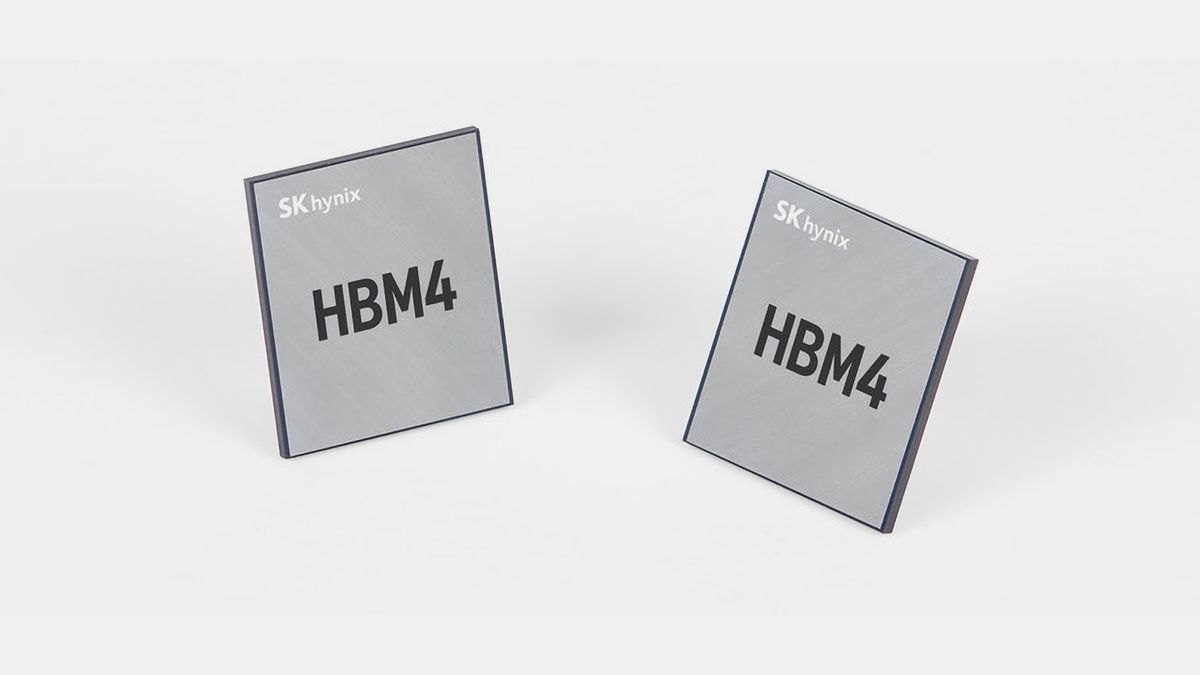New research into the proliferation of generative AI being used to develop games on Steam has revealed a staggering 681% increase in the number of titles that disclose the use of the technology. In fact, there are now over 7,500 titles that disclose GenAI usages, up from barely 1,000 in 2024, according to Totally Human Media.
Ichiro Lambe, a veteran game developer who authored the study, noted that around 1,000 Steam titles disclosed the use of generative AI just over a year ago. Spurred to follow up as the rising tide of AI continues to flood all before it, Lambe says that his latest figures indicate the propagation of games using generative AI in any capacity has vastly increased in the last 12 months.
Lambe says there are now 7,818 titles on Steam that disclose GenAI usage. Starting in January 2024, Steam added new fields to the content survey that developers are required to fill in when they submit a game to the platform, requiring developers to declare how they're using AI in the development of their games. Use cases are broadly divided into two categories: live generated — content created with AI while the game is running — and pre-generated, which could be anything from art, code, sound, and beyond.
That surge marks an increase of 681% of total titles using GenAI compared with April last year. However, the number only represents 7% of the entire Steam library, some 114,000 titles. Perhaps more interestingly, 2025 has seen an exponential influx, with one in five (20%) of all titles released in 2025 featuring GenAI in some form.
Helpfully, Lambe provides a breakdown of what exactly GenAI usage could entail in any given game's production. As you can imagine, visual asset generation is a massive one, and about 60% of disclosures mention it for use in creating characters, backgrounds, models, textures, and more.
As noted, there's also the generation of audio, which could mean anything from background music to voice-overs, narration, and even character voices using text-to-speech tools.
Text and narrative generation also indicates developers are leaning on LLMs to create copy, covering anything from item descriptions to entire story arcs.
Perhaps more obscure, developers may be using AI in marketing and promotional materials on Steam's storefront for game descriptions, the about section, and promotional imagery.
Finally, Lambe says there is "a ton" of code generation assistance going on.
However, Lambe's insight also notes that games are using more and more AI during runtime, the aforementioned live-generated category, which developers must declare. Examples he notes include using GenAI to flag offensive material created by players, utilizing LLMs to generate entire 3D worlds based on player-created prompts, making real-time game mechanics decisions, and more.
Attitudes towards AI tend to be divisive, but according to Lambe's report, the response is not wholly negative, highlighting games that lead with AI in their advertising and have positive reviews.
In case you were wondering, the biggest games that feature GenAI from the last 12 months are My Summer Car, Liar's Bar, The Quinfall, and Inzoi. The biggest title is the former, which has sold 2.5 million copies and features AI-generated paintings inside the main house, again highlighting how disparate reliance on AI is across titles.
Perhaps noteworthy of developers' caution and a sense that GenAI might perturb users, Lambe also says he is seeing more frequent instances of carefully created language, where developers disclose the use of AI in a defensive manner while trying to reassure potential customers about its inclusion.
Questions remain about consumer adoption of AI-assisted Steam titles, and, of course, there is a huge blind spot in the data, namely, whether some games might not be disclosing their use of AI.
Follow Tom's Hardware on Google News to get our up-to-date news, analysis, and reviews in your feeds. Make sure to click the Follow button.

 4 months ago
66
4 months ago
66






 English (US) ·
English (US) ·